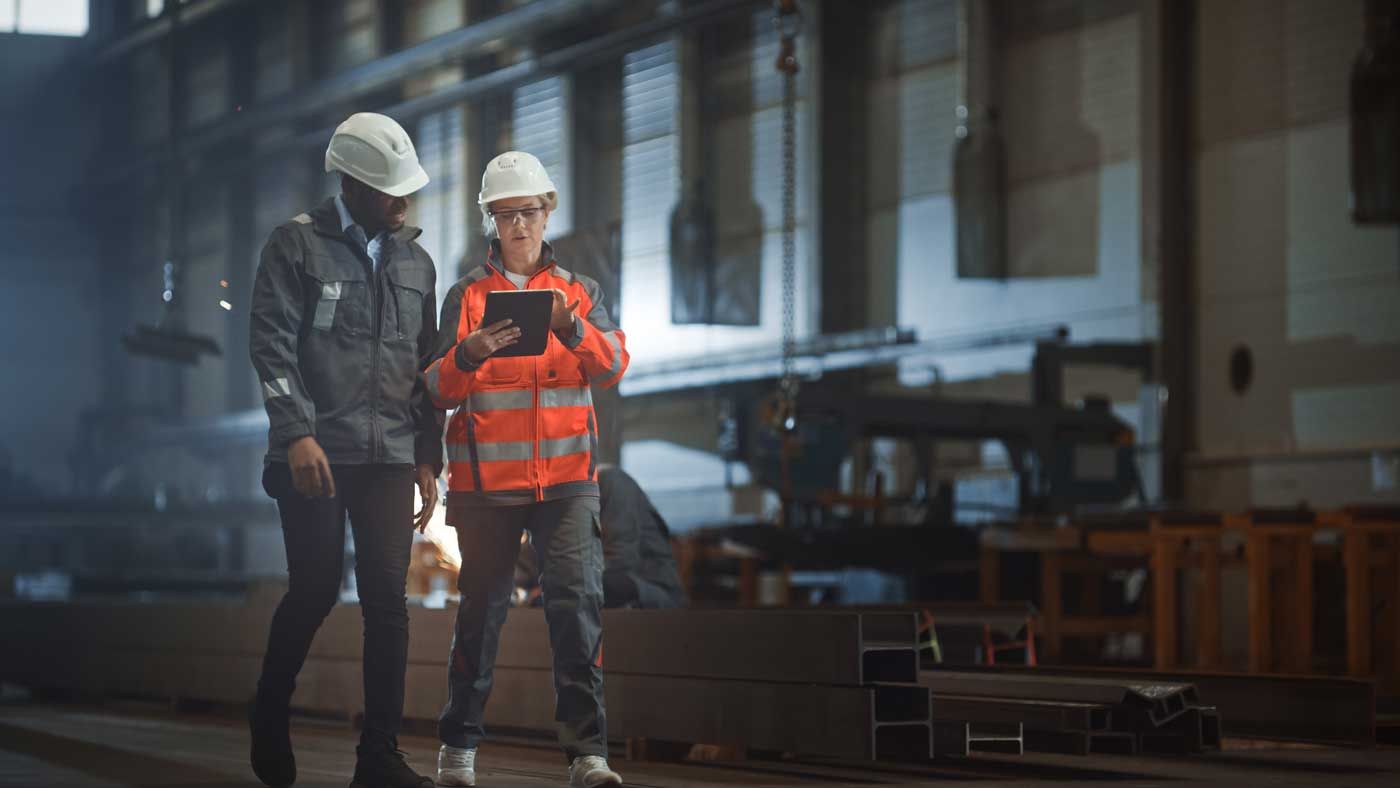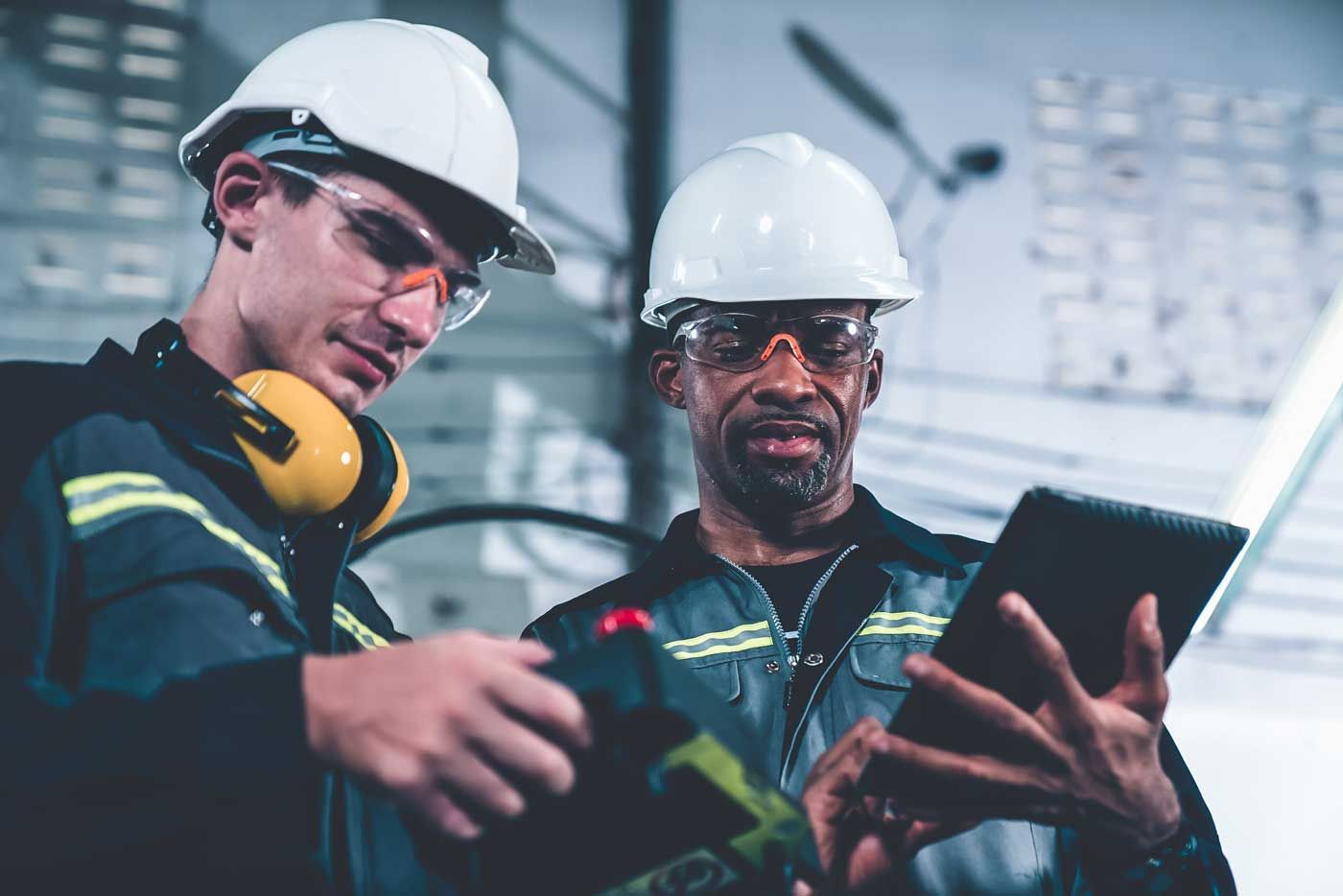Firesleeves offer a range of benefits in marine engine rooms, which are critical areas of ships where engines, generators, fuel systems, and various machinery are housed. Here's an overview of the advantages of firesleeves in marine engine rooms:
FIRE PROTECTION
Marine engine rooms are susceptible to fire hazards due to the presence of flammable fuels, lubricants, and high-temperature machinery. Firesleeves provide a crucial layer of protection by containing and suppressing fires, preventing them from spreading to other areas of the ship and minimizing the risk of catastrophic incidents at sea.

HEAT INSULATION
The operation of marine engines and machinery generates significant heat, which can pose risks to nearby components, cables, and wiring. Firesleeves offer thermal insulation, reducing heat transfer and protecting critical systems from thermal damage, ensuring the safe and reliable operation of engine room equipment.
MECHANICAL PROTECTION
Engine rooms are dynamic environments with machinery, pipes, and hoses subjected to constant movement, vibration, and mechanical stress. Firesleeves act as durable protective covers, shielding hoses, cables, and wires from abrasion, impact, and wear, extending their lifespan and minimizing the risk of mechanical failures and downtime.

OIL AND CHEMICAL RESISTANCE
Marine engine rooms often contain hydraulic systems, fuel lines, and lubrication systems that handle oils, fuels, and chemicals. Firesleeves are resistant to oil, fuel, and various chemicals, providing an additional layer of protection against corrosion, degradation, and leakage, ensuring the integrity and safety of critical systems.
ELECTRICAL SAFETY
Electrical systems and components are essential for the operation of marine vessels, powering navigation systems, lighting, communication equipment, and automation systems. Firesleeves offer insulation and protection against electrical faults, short circuits, and arcing, reducing the risk of electrical fires and ensuring the safe operation of electrical systems in engine rooms.
COMPLIANCE WITH SAFETY REGULATIONS
Maritime regulations and classification standards require ships to maintain stringent safety measures to protect personnel, passengers, and the environment. Firesleeves help ships comply with safety regulations by reducing fire risks, enhancing safety protocols, and mitigating potential hazards associated with engine room equipment and systems.
WEATHER AND ENVIRONMENTAL PROTECTION
Ships encounter diverse weather conditions and marine environments, including saltwater exposure, humidity, and temperature fluctuations. Firesleeves are resistant to moisture, UV radiation, and environmental factors, ensuring the reliability and performance of critical components under harsh marine conditions.

